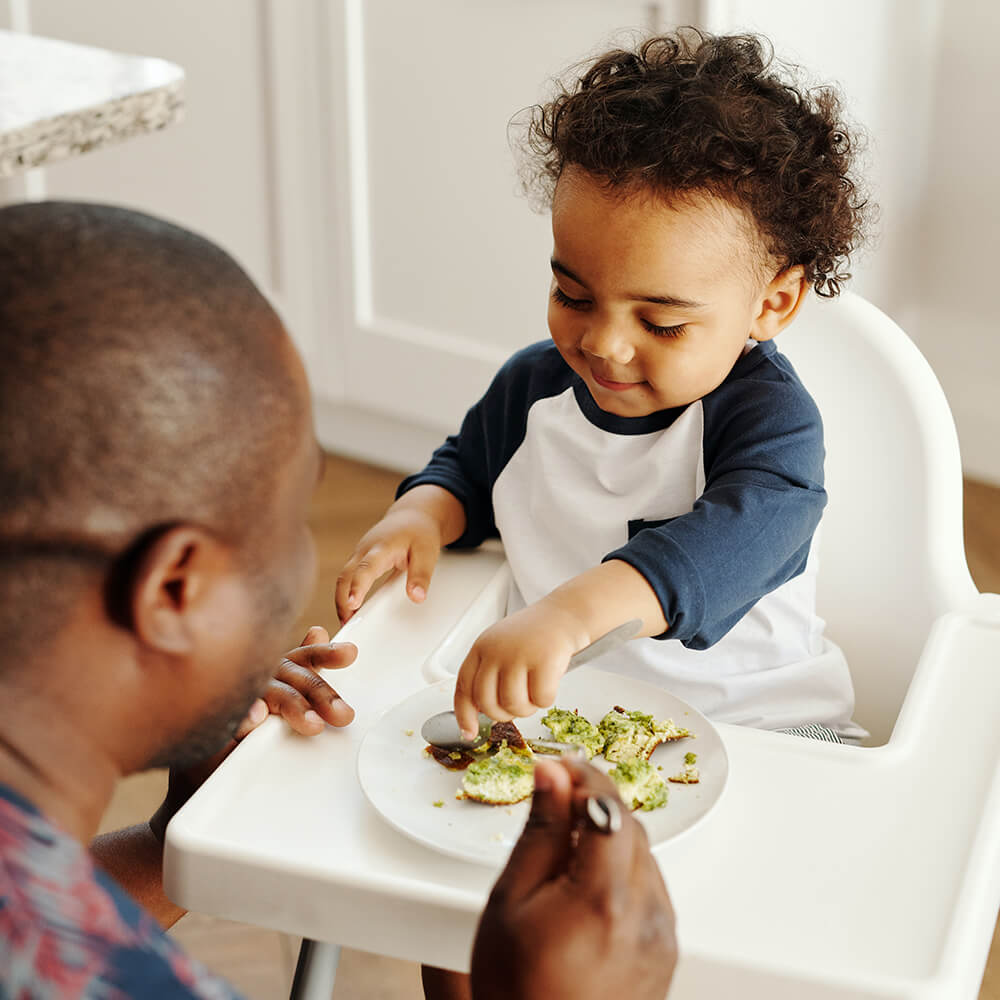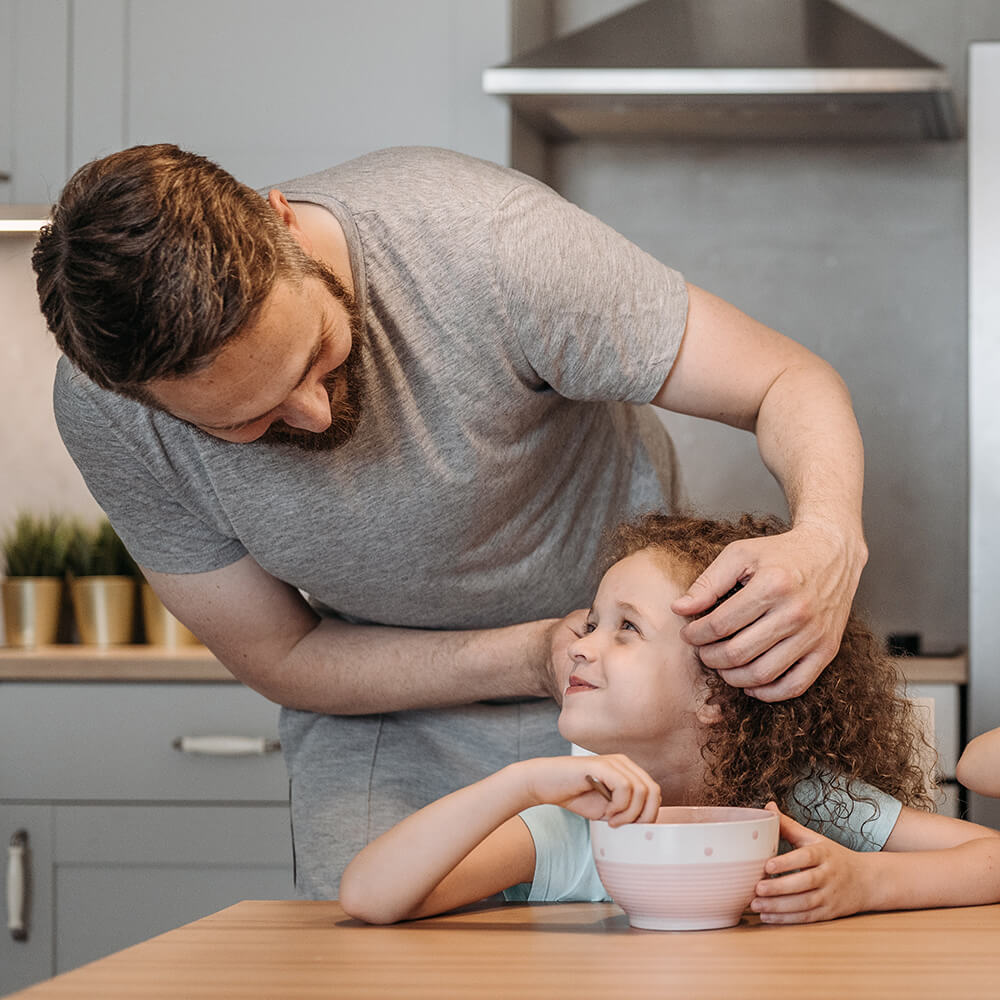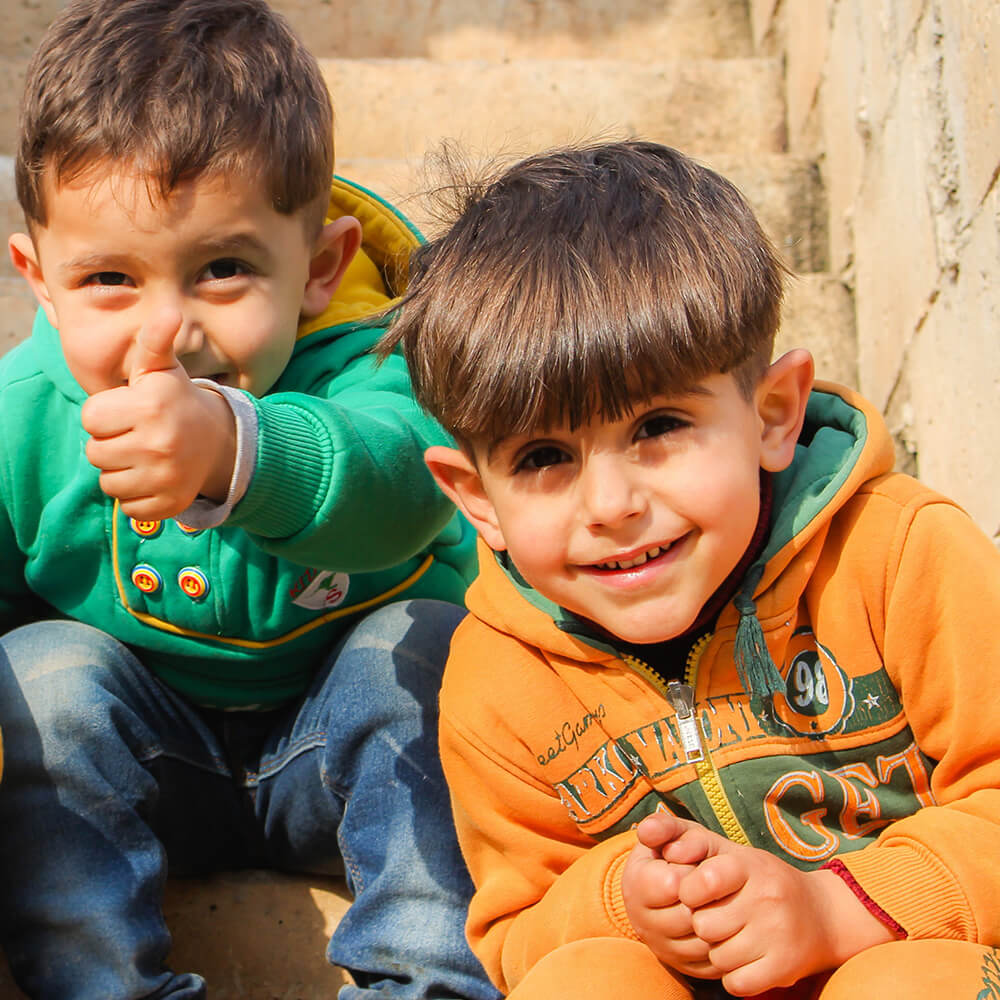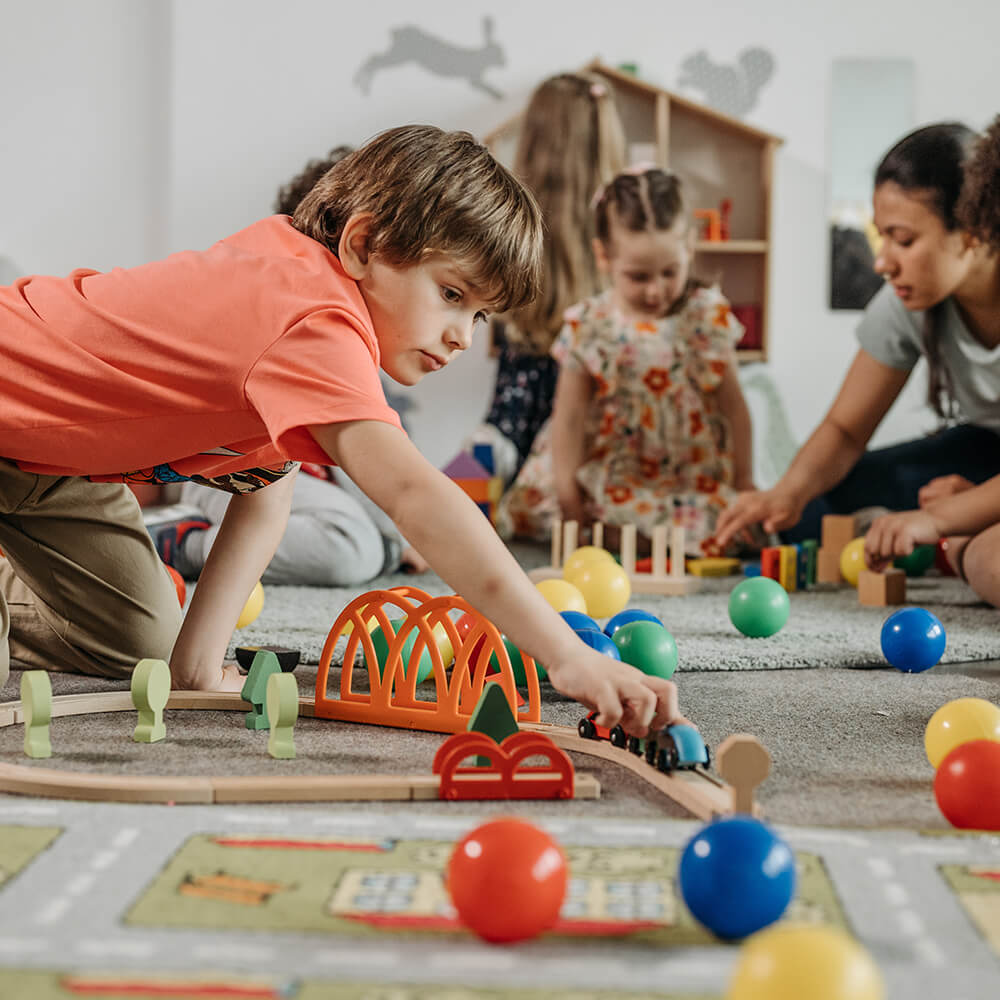There are so many parenting techniques out there today; parents are often confused as to what to apply. As much as you should use your personal family values as a guide, there are some fundamental principles that are important to follow. Here are three ways you can parent successfully so your children will learn.
The most important thing you should always bear in mind is never to discuss problems with your child’s personality with someone else, knowing your child may overhear the conversation. If they hear you discuss how mean or shy or jealous they are with someone, they will not only start resenting you for it, they may also feel that they cannot control these problems in their personalities. Effective parenting says to discuss personality problems with your child and you may get a more positive outcome. Set goals together and work towards achieving them. Children who are of preschool age too can understand what you are saying, so go ahead and work together!
When we praise our preschool children or even older children, it shows them that they are following your values and expectations. When children don’t receive praise, they will feel that they are not believed in. How you dish out praise is one very important thing. Giving out words like perfect, the best, most beautiful – superlatives – can set impossible expectation for the child. How can they get better than this? Instead, go for reasonable praise – hardworking, smart, kind – which give out the message that the expectations are also reasonable.
Another crucial aspect of smart parenting is not to have parents that are always in conflict. You will easily confuse children, young or old if you and your partner lead in two opposite directions. Do you show respect to your partner? Do you discuss things calmly with your partner? Then, this is what your child will learn. You cannot expect your child to respect your partner if you don’t. Parents and grandparents should always be united when it comes to parenting.
Now that you have a few important tips on good parenting, let us have some of your ideas!
































